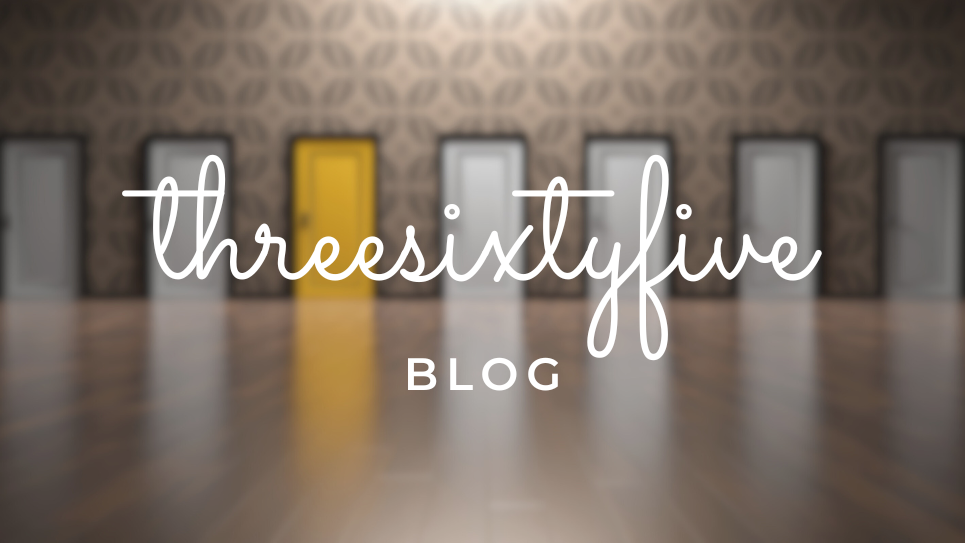When the systems collide it is an indication that you are ready for change. You are actively pulling out and examining those values you previously put aside so you could reap temporary pleasure.
Top 5 Boundaries for Your Total Wellness
Boundaries— a common topic within therapy sessions, conversations, blog posts and social media. Let’s just start with a working definition of boundaries though. According to the dictionary, boundaries are lines that mark the limits to an area; a limit to a subject of sphere. A psychological definition is similar but it is applied personally. They are limits set on how we respond, act, engage with other people, and how they respond, act and engage with us. Boundaries typically originate from our experiences and observations, both past and present. We can look at boundary setting in two ways; as fences and gates.
Fences + Gates
Have you ever had an unproductive conversation with a coworker? You may have to set a new boundary to have conversations in person rather than email.
Ever leave a family gathering feeling emotional drained? You may have to create a boundary that you’re unwilling to be the listening ear for others while sacrificing your fun.
Ever feel like you’re lost your connection to friends? Maybe the boundary is to open your calendar to say ‘yes’ more.
Boundaries can be like fences, limiting others’ access to us and our energy. Or they can be like gates, where we allow a controlled amount of access to ourselves and our energy. Boundaries can be set in any relationship—intimate partners, friends, family, professional—and are malleable. We can establish or reestablish them based on our current life experiences and observations.
Top 5 boundaries for your total wellness
Here are the top 5 categories of boundaries commonly discussed in therapy:
Relationships. Labeling or defining the relationship, sexuality and intimacy.
Time. Saying yes when you mean no. Being expected to participate or help despite not being consulted on your availability.
Being the fixer/savior. If you are always being asked to problem solve for others, you may be their savior. jack of all trades types that everyone relies on.
Your body. What you wear, how you look, comment from others, etc
Family. Presence and participation in family activities, traditions and values that no longer align with yours.
Any ring a bell for you? Setting boundaries in these areas can be hard if we’ve not felt the need or even opened our mind to the benefits they bring. To get started, evaluate recent situations where you felt uneasy or unsatisfied. What contributed to that feeling? Look back to text messages, social media posts, or even screen shots, and memes you sent around that same time. These can be hints to what we were feeling/thinking during that situation.
As Brene Brown states, “Daring to set boundaries is about loving ourselves even when we risk disappointing others.” The more clarity and certainty you have about your boundaries, the more consistent you will be enforcing your them with others.
Be Well!
We all need a measuring stick
Have you ever been pressured to participate in something but you felt really uneasy with it? Like so much so that your guts were churning, your head ached and you felt frozen? One reason could be because it goes against your internal Value system.
A what?!
What is a personal value system
A personal value system helps us navigate difficult situations and guide us toward decisions or responses that align with who we are. Values, morals, or what's important to us, are ever present. It also directs us to the people we invite into our lives and how we treat others.
For example, you get a call from someone you used to be friends with and they want to rekindle the friendship. You're torn because although you feel compassion for the person as they were often the butt of many jokes you also recall feeling very uncomfortable around them and how they treated others. What do you do?
You go back to examine your values. If we tease out some key points from this example above we see that you value comfort and trust in relationships while also hold compassion for others at great value. These seem to be in contradiction though. So now what? Now we place them in a hierarchy. Which is more important and which will lead to greater satisfaction for you.
A personal value system takes time and experience to develop. It's not something that pops up overnight. Rather we adopt or adjust some that we inherited from our childhood, we develop others because of our social circles or spiritual practices. Still others are formed from past experiences, whether those experiences be positive or negative. Main categories of value systems are also present in the #4pillarsofwellness that I discuss with my clients-- relationships, spirituality, physical health, and profession.
Each day we demonstrate our personal value system to the world. It colors every decision we make, and it's present in each action we take. Are we confident in our value system? Since we as individuals are not islands, what we do, what we say, has impact upon those around us. The more we live true to our personal values, the greater the impact we have on our moods, decision-making, and surroundings.
So now whose thinking, "how do I identify my value system?" 🙋🏻♀️ Good!
So here's some tips to get started:
Write a list of everything you value. Consider characteristics or qualities of persons. Even list material things or experiences
Group like things together. For example, you may have listed trustworthy, sincere and committed. These could be grouped together into a category of steadfast/ loyal. Another way to categorize them is by what is important in yourself and what's important you see in others.
Place them in rank order of importance. What is the most important value to you? Second most? Etc. by creating a ranking it assists you as you measure all future situations against this criteria.
Understand that value systems are not static, in fact the more static they are the greater the chance that we can harm or limit ourselves. Be open to adjust your values based upon evidence not emotion.
For more information about personal value systems, check out this article. If you find you need more assistance, reach out and ask for help!



